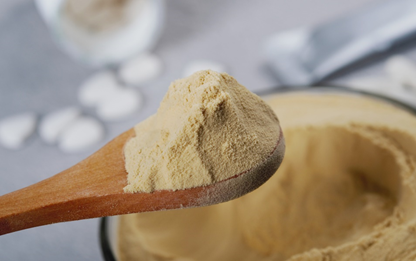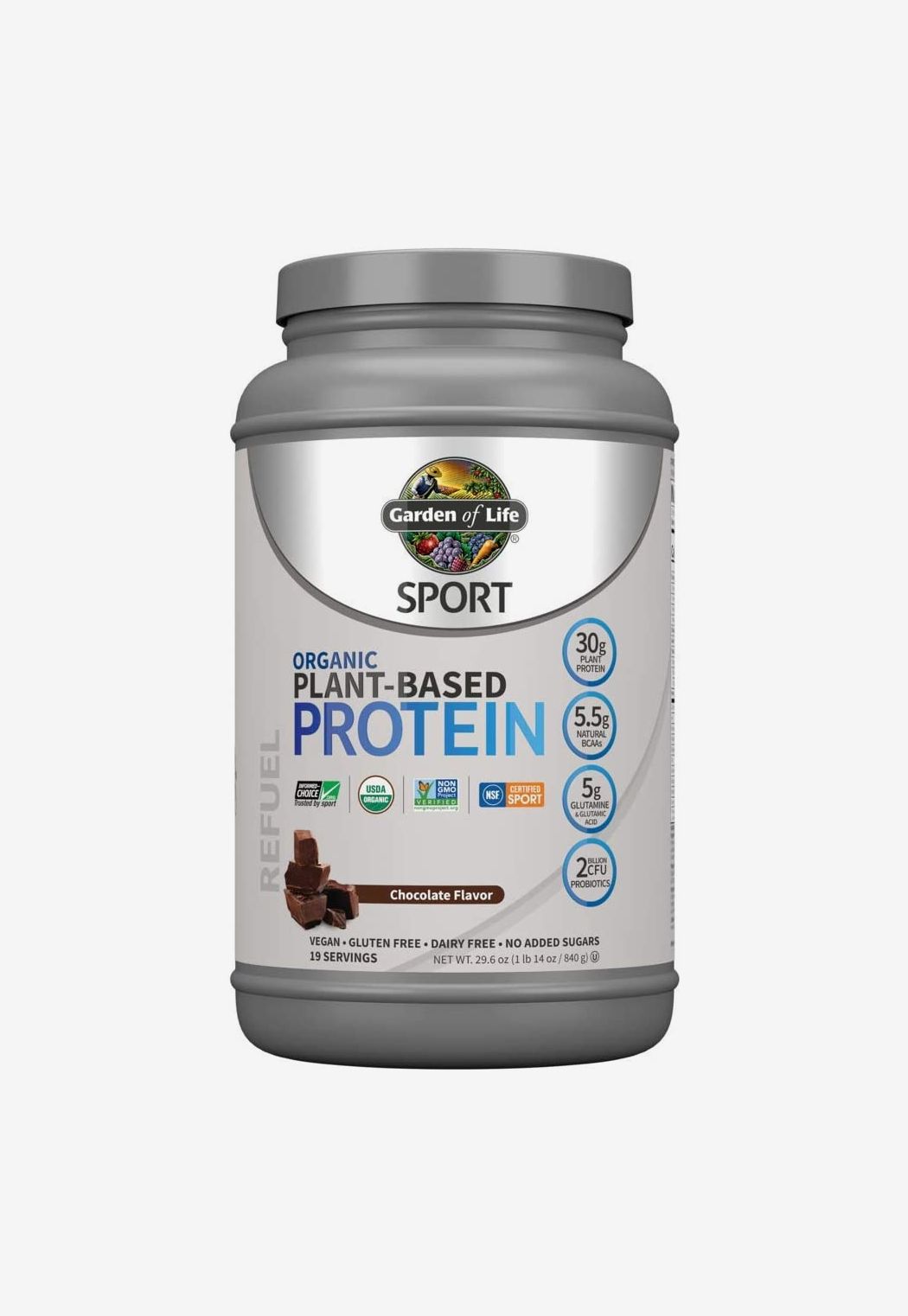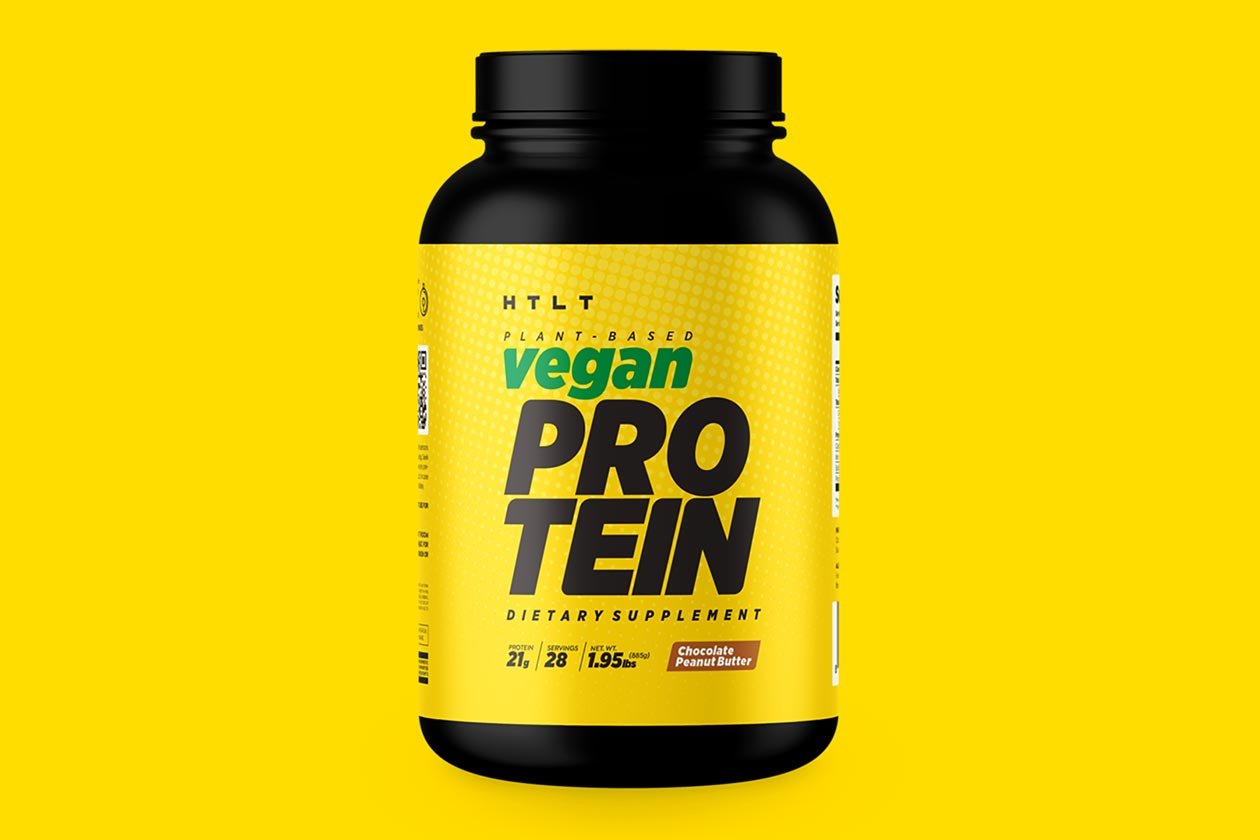


We also have a range of fitness-related buying guides if you're purchasing protein powder to supplement your workouts, including guides on the best resistance bands and best rowing machines. If you don't want or need your protein powder to be vegan, then we have a similar guide on the best protein powder for non-vegans. Live Science has put together the following guide of the best vegan protein powder. It is best to contact the companies and ask them for a detailed list of the ingredients to avoid the above-mentioned contaminants since many may not list all of the ingredients on the packaging." "Protein powders can contain a range of harmful ingredients: heavy metals such as arsenic, lead or cadmium, bisphenol-A, pesticides, added sugar and artificial flavorings. There are some ingredients we should all try to avoid, says Dr Dehghan.

Vegan protein powder is made from sources such as pea, rice and soy, while most non-vegan protein powder is made from whey extracted from cow’s milk during cheese and yogurt production. Protein powders are made from different types of protein depending on whether they are vegan or non-vegan.
#PLANT PROTEIN POWDER BRANDS PROFESSIONAL#
"Most professional athletes consider protein powders a convenient way to meet their high protein requirements," Dr Dehghan said. Consuming the best protein powders can help supplement our protein intake. People who exercise regularly need to ensure they consume enough calories to meet their increased daily energy requirement, and this way they will inevitably increase their protein intake, according to Dr Dehghan. Dr Dehghan told Live Science: "Studies have consistently shown that we are all consuming more protein than required, and that applies both to vegans and non-vegans.” Many of us on a plant-based diet would assume that we’re not getting enough protein in our diets, but that may not be the case. People over 65 need slightly more, about 1-1.2g protein per kg bodyweight in order to maintain body mass." Most adults require 0.75g of protein per kilogram of bodyweight per day. Doctor turned plant-based nutritionist Leila Dehghan MD, MSc (Nutr), ANutr said: "Engaging in physical activity increases our protein requirement and depending on the type of exercise we need 1.2-2g of protein per kg bodyweight per day.


 0 kommentar(er)
0 kommentar(er)
